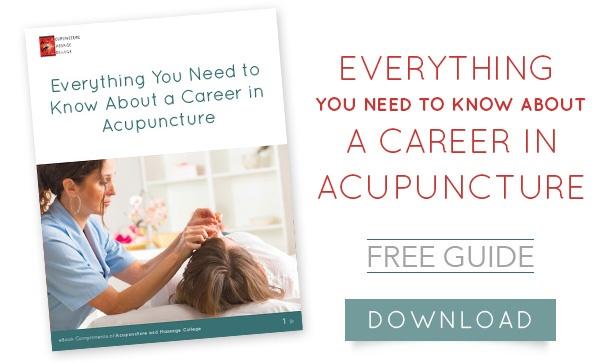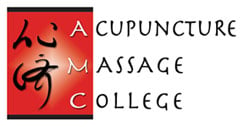 Have you ever been in a conventional medical setting and got the feeling that you weren't being considered as a whole person? That your mental and spiritual needs weren't being factored into your health diagnosis, treatment, and overall health? If so, you may have sought out or wondered about holistic medicine.
Have you ever been in a conventional medical setting and got the feeling that you weren't being considered as a whole person? That your mental and spiritual needs weren't being factored into your health diagnosis, treatment, and overall health? If so, you may have sought out or wondered about holistic medicine.
What is holistic medicine? Holistic medicine or alternative medicine, is much what it sounds like — an approach to health and healing that takes the whole person into consideration. A person's mind and spirit are treated as important to health as the body. Giving mind, body, and spirit equal attention serves to stimulate the body's natural ability to heal itself and ultimately improves health outcomes.
The principles of holistic medicine
Like conventional medicine, holistic medicine aims to prevent and treat diseases and ailments and improve a patient's general health and well-being. The treatments and techniques used help boost the body's natural healing abilities. Empowering the patient to take charge of their own health is another important component of holistic medicine.
According to the American Holistic Health Association, practitioners take the following elements into consideration during diagnosis and treatments:
- Physical
- Nutritional
- Environmental
- Emotional
- Spiritual
- Lifestyle
Some other important characteristics of holistic health:
- Providers offer safe, natural and effective medical treatment options that include recommendations for lifestyle changes and self-care, and alternatives to conventional medical drugs and procedures when possible.
- Treating the underlying causes of a disease or condition works better than simply trying to eliminate symptoms.
- Holistic physicians work in partnership with their patients, and try to get to know them and understand them as whole people.
- Prevention is the primary goal, along with tapping into patients' innate healing abilities.
- Illness is not an isolated event, but a symptom of dysfunction within the whole person.
Part of an ancient system of health care
Western medicine was developed as a system of health care more recently than holistic medicine, which is related to traditional medicine that has been practiced for thousands of years. Traditional Chinese medicine (TCM) — a type of holistic care — was developed over 4,000 years ago by a Buddhist monk.
Practitioners of holistic health, such as holistic doctors, approach the process of diagnoses and treatment quite differently from traditional Western medicine, Conventional medicine aims to cure disease, while holistic medicine prioritizes the pursuit of optimal health, with preventing and treating diseases as part of that.
The American Holistic Health Association puts it this way:
"Optimal health is much more than the absence of sickness. It is the conscious pursuit of the highest qualities of the physical, environmental, mental, emotional, spiritual, and social aspects of the human experience."
Improving the mind, body and spirit can include practicing self-love and self-care, along with making changes in diet, exercise, lifestyle and environmental factors. They are important components of the path to holistic health. Relationship and spiritual counseling, along with bioenergy enhancement, can be a part of the front line of patient care.
Holistic approaches to treatment include:
- Herbal medicine
- Homeopathy
- Acupuncture
- Manual medicine
- Biomolecular therapies
- Physical therapy
In some cases, drugs and surgery may also be indicated.
In general, mainstream medicine focuses on getting rid of physical symptoms, while holistic medicine works to empower the patients to heal themselves and improve the flow of their life force energy.
What is integrative care?
Integrative care involves using both holistic health treatments and conventional medicine as an approach to health. More Americans are adopting this approach.
Many people feel dehumanized by their experiences with traditional health care, and seek out natural and holistic therapeutic treatments as an alternative. A family doctor, for example, might spend 10 or 15 minutes with a patient, while holistic appointments tend to last 30 to 120 minutes. Again, the holistic health provider is working to understand the whole person.
Finally, holistic health offers people an avenue to taking more control of their own health and wellness since empowering the patient is guiding principle in the holistic philosophy of care. That's another reason more people are adding holistic treatments and philosophies to their pursuit of optimal health, and more people are pursuing holistic health careers.
If you're interested in pursuing training to become a holistic health practitioner in Miami, the Acupuncture & Massage College offers programs in massage therapy. Learn more by

 (305) 595-9500
(305) 595-9500






